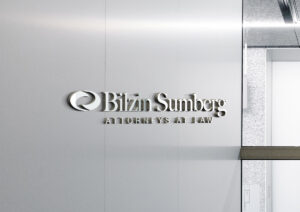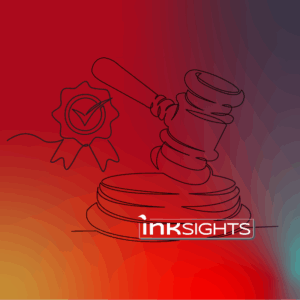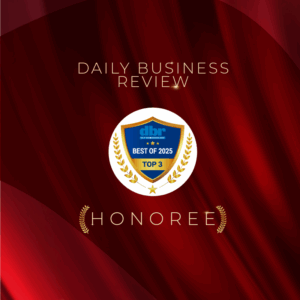
Inksights Blog : The Reputation Ink Blog
ChatGPT as the New Gatekeeper: How Law Firms Can Optimize for AI Discoverability
The legal marketing landscape is experiencing a seismic shift. While law firms have spent years perfecting their Google rankings and SEO strategies, a new player has quietly entered the game: artificial intelligence (AI). AI tools like ChatGPT, Perplexity, Claude and Gemini are rapidly becoming trusted sources for answers and recommendations, fundamentally changing how potential clients discover and vet professional services.
This transformation goes beyond simple search optimization: people are no longer just Googling “best healthcare regulatory law firm” or “white-collar defense lawyer for corporate executives” and scrolling through results. Instead, they’re asking AI tools to compare options, summarize legal insights and even provide shortlists of qualified firms. For law firms, this represents both an unprecedented opportunity and a critical blind spot that demands immediate attention.
Why AI is Replacing Traditional Search for Professional Services
The shift from traditional search to AI-powered discovery reflects a fundamental change in how people make decisions about professional services. Rather than wading through pages of search results, clients are turning to AI as a sophisticated filter and advisor.
AI tools are now being used to vet vendors, shortlist firms and research complex legal issues. Instead of relying on a list of Google links, users are asking AI to make their decisions easier (or even for them) by comparing options, surfacing relevant firms and summarizing legal insights. In many cases, AI is functioning like a trusted referral source, often replacing that crucial first Google search or human recommendation that has historically driven new business.
This presents a sobering reality for law firms: if you aren’t part of AI’s “training diet,” you risk becoming invisible to potential clients. If your firm isn’t mentioned in relevant media, doesn’t have clear credentials online or isn’t producing AI-friendly content, you may never appear in these AI-generated recommendations, regardless of your qualifications or expertise. Discovery now hinges on what AI tools have already seen, read and marked as authoritative.
You are No Longer Competing on SEO Alone
The rules of visibility have fundamentally changed. Search engine rankings, once considered the gold standard for online discovery, now represent just one piece of a much larger puzzle. Today, law firms (especially their marketing teams) are competing for visibility within closed AI ecosystems that have been trained on curated content from across the web.
This means that even if your firm ranks number one on Google for your target keywords, it won’t matter if AI tools have never learned your name or do not recognize your website as the leading authority. The algorithms that power these AI systems operate differently from search engines, prioritizing different signals and drawing from different sources to make their recommendations.
The implications are significant: firms that have invested heavily in traditional SEO may find their competitive advantage eroding as clients increasingly bypass search engines altogether in favor of AI-powered recommendations.
Firms Need to Create a Strategy for AI Discoverability
Developing an effective AI discoverability strategy requires understanding how these tools evaluate and surface information. Unlike search engines that primarily rely on keywords and backlinks, AI systems look for patterns of authority, consistency and relevance across multiple sources.
Media mentions have become particularly crucial because they provide the credibility and context that AI tools rely on when making recommendations. AI engines like ChatGPT tend to pull from high-authority sources, including news publications and trusted legal trade media. If your firm or attorneys aren’t being mentioned in external sources, you’re significantly less likely to be surfaced in AI-generated responses.
Equally important is ensuring that your professional information is consistent, structured and keyword-relevant across all platforms. Discrepancies between LinkedIn profiles, firm bios and directory listings create confusion for AI systems and lower their confidence in recommending your firm. Attorney bios should use consistent language, include relevant practice areas and align with the types of queries your potential clients might pose to an AI tool.
AI systems are particularly adept at recognizing patterns, which means your content strategy must be intentionally structured. If your practice areas are buried under vague language or your particular area of expertise isn’t clearly stated, it becomes much harder for AI tools to confidently associate your firm with specific legal topics. Using headers, bullet points and FAQ sections not only improves user experience but also makes your site more accessible to AI interpretation.
What to Optimize on Your Website and Online Footprint
The shift toward AI-powered discovery demands a fundamental rethinking of how law firms structure and present their online presence. The key is prioritizing clarity and organization in everything you publish.
Your website should be organized by topic and industry so AI tools can confidently attribute specific areas of expertise to your firm. This is particularly important because clients are no longer just typing long-tail keywords into Google. Instead, they’re asking AI tools for “the best law firm for white-collar defense” or “a trusted ERISA advisor.” This conversational approach to discovery requires firms to think differently about how and where they establish themselves online.
Keep your content strategy up to date. Rather than creating content primarily for search engine algorithms, firms should focus on refreshing and repurposing evergreen content to align with current trends and the types of questions clients might ask AI tools. This means thinking beyond traditional keyword optimization and considering the natural language patterns that characterize AI interactions.
Remember that your online footprint extends far beyond your website. Directory listings, social media profiles and third-party mentions all contribute to how AI tools understand and categorize your firm. Consistency across these platforms isn’t just good practice; it’s essential for AI recognition. All lawyers, staff and firm members’ professional profiles contribute to how your firm is read by AI. If one person is not clearly aligned or has an off-base profile, this could impact how the entire firm is read.
SEO vs. AI: Where Should You Focus Now?
The legal profession stands at an inflection point. Firms can no longer afford to ignore how AI tools are changing discovery, referrals and online visibility. Being excellent at what you do isn’t enough if the tools your clients increasingly rely on don’t know who you are or what you do.
This doesn’t mean abandoning traditional SEO entirely, but it does require a more sophisticated approach that acknowledges the changing landscape. The most successful firms will be those that can adapt their digital presence to serve both traditional search engines and AI systems simultaneously.
The opportunity is significant for firms willing to embrace this change early. By updating your digital presence, aligning your content with AI discovery patterns and ensuring your reputation is accurately reflected across platforms, your firm can maintain visibility and competitiveness in an AI-shaped landscape.
The question isn’t if AI will continue to influence how clients discover legal services — it’s whether your firm will be positioned to benefit from this transformation or be left behind by it. The firms that recognize and adapt to this shift now will have a significant advantage in capturing the clients of tomorrow.
Ready to optimize your firm’s AI discoverability strategy? Let’s talk about how to position your expertise for today’s tools — and tomorrow’s clients. Email me at [email protected] for more information.
Related Law Firm Content
Strengthening the Profile of a Florida-Based Full-Service Law Firm
Reputation Ink | Oct. 3, 2025
Elevating a National Litigation Firm’s Profile Through Strategic PR and Thought Leadership
Reputation Ink | Jun. 17, 2025
Crafting attorney bios that instill trust, build relationships and boost reputation
Reputation Ink | Apr. 22, 2025













